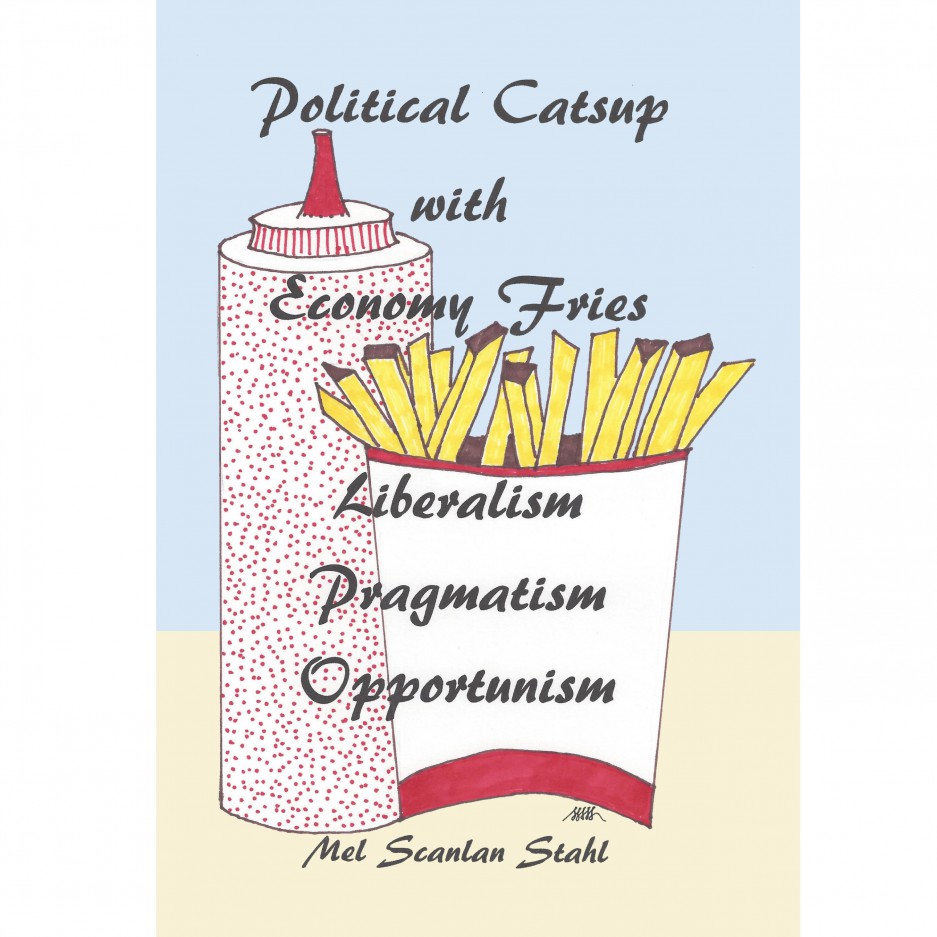Back during the Great Recession, Warren Buffet said that derivatives are weapons of mass financial destruction. And yet they remain with us. When I did research to learn why derivatives can be so destructive to our economy the answer was mind blowing.
It turns out that a derivative is a lot like an insurance policy but with two main differences. Whereas an insurance instrument can be purchased to hedge against a financial loss and never a financial gain, a derivative can be used to hedge against either a financial gain or a financial loss. Also an insurance instrument requires that the person who is insuring against a loss must own the asset but a derivative can be purchased by someone who doesn’t own an asset about which the bet is being made. This betting without owning causes destruction. Why? Because it means that unlimited bets can be made about a change in value of an asset without the pesky need to invest capital in ownership. Not owning but still betting can multiply the consequences of a given outcome far beyond the owners of a given asset. Instead of only owners losing a bet, many other people who bet wrong lose and must pay. If they can’t pay, they go bankrupt and their bankruptcy can cause imbalances in market liquidity which is what caused the giant crashes that affected the global financial markets during the Great Recession.
At the time of the Great Recession when there was a shortage of liquidity caused by a lot of losing derivative bets, the Federal Reserve along with the U.S. Treasury decided that printing more money would salvage the economy. Supposedly, governments that don’t prohibit their own money printing can print unlimited amounts of money in order to stimulate their economy. Why is it bad to print unlimited amounts of money? Because it causes inflation as the value of the money decreases. When the Great Recession happened, economists seemed to focus on preventing a deflation and people in the Federal Reserve foolishly believed that causing inflation would be beneficial. Although inflation according to our government is supposedly very low, inflation in an ordinary education, ordinary everyday medicines, everyday groceries, an ordinary house, or an ordinary car are extremely high and those items are quite expensive when you compare their price today to their price ten years ago. To prevent a deflation, the Treasury printed more money. But money has to represent something real to retain its value. Trading money as though it’s a commodity in derivative bets across the foreign exchanges has harmed our economy’s ability to set reasonable prices in people’s ordinary lives. Here’s an example.
What is your house worth? The cost of a house was once based on a real market of buyers and sellers who usually had a job that paid their bills within a comfortable range of what they could afford and what they wanted. Their job and income was secure enough that they could invest in a house and live in it. Why should a house cost double or triple now compared to what it cost ten years ago? Especially when you realize that real wages haven’t increased, shouldn’t a house cost about the same? Is the land worth more? Does it do more now than it did? Has construction material doubled or tripled in price? Do construction companies pay their employees double or triple the wages that they used to pay ten years ago? No. When mortgage interest rates fell banks couldn’t make enough money off of interest to make a profit on their loan under conditions of ordinary risk. That is what made it necessary to double or triple the price of a house. The increase in cost is for giving the bank a profit in an atmosphere of low interest fees and higher risk of a loan default. These same low interest rates allowed the U.S. government to take on enormous debt in order to circulate more money to prevent a deflation. Another way to look at house price increases in our current economy has to do with value. A house offers a stable use value that risk does not have. As risk continues to offer less return, the use value of a house goes up because investors want to trade their value losing capital for a house with a stable use value.
Is this working? Well…fast forward to the present and ask yourself how are investors doing today? It seems they feel insecure. I keep hearing about how the Stock Market has become the cause of an “everything bubble.” I hear the President asking the Federal Reserve to lower interest rates supposedly to provide cheap loans to investors and keep our economy thriving. The Federal Reserve is trying to tread water and not drown by being slow to increase or decrease interest rates. Meanwhile the velocity of money continues it’s slow global circulation because so much money has been printed and yet little wealth is being created with that money. Money is gradually losing its ability to resemble something that you can trade for something else of real value. Money going into derivative bets or other risky investments looks shakier every day. Since the Great Recession, ordinary people have experienced extremely slow growth in their own everyday economy. They also have high costs and insecure employment because of mergers and acquisitions that constantly change business ownership and destroy jobs. Money has to represent something that has real value and trading money in derivatives combined with low interest rates has generated economic insecurity. Meanwhile, derivatives remain part of our economy creating havoc and ultimately costing everyone hugely. If you want to understand these issues more fully, and other issues involving the connection between politics, economics and opportunity, buy a copy of Political Catsup with Economy Fries at Amazon.com.
